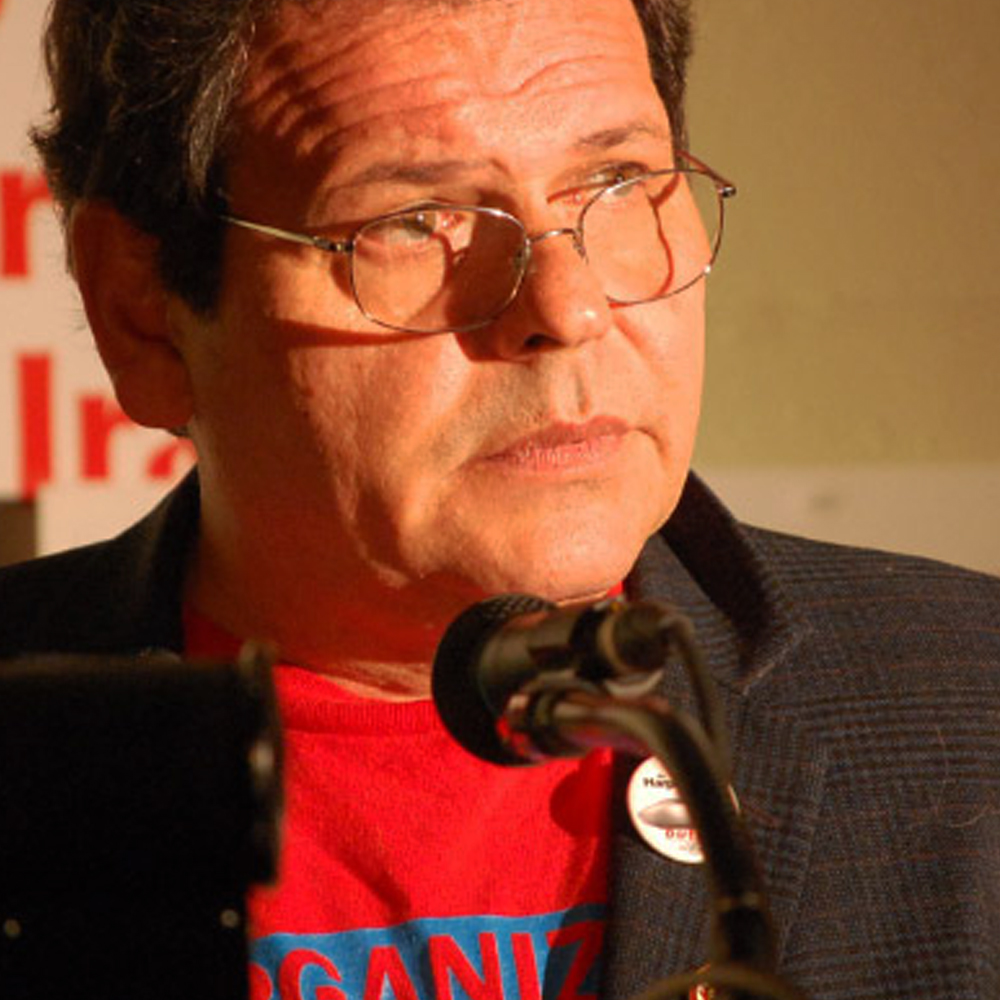Click on one of the candidates’ pictures to get started!
-

Liberal Party of Canada: Marc Miller
-

New Democratic Party: Allison Turner
-

Conservative Party of Canada: Richard Sagala
-

Bloc Québécois: Simon Marchand
-

Green Party of Canada: Daniel Green
-

Communist Party of Canada: Miguel Figueroa






